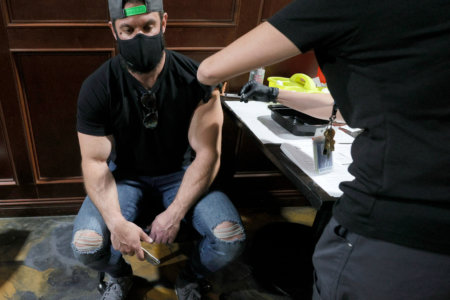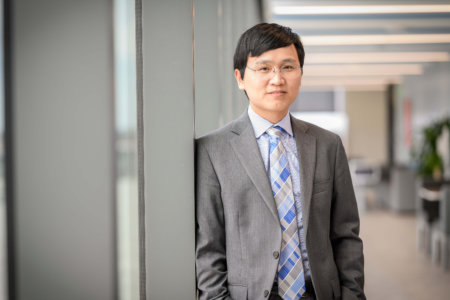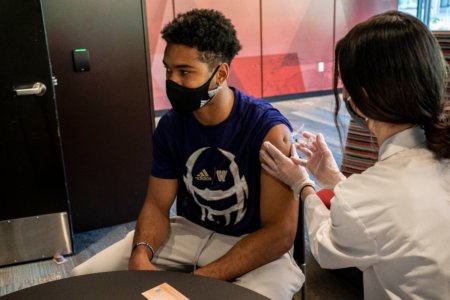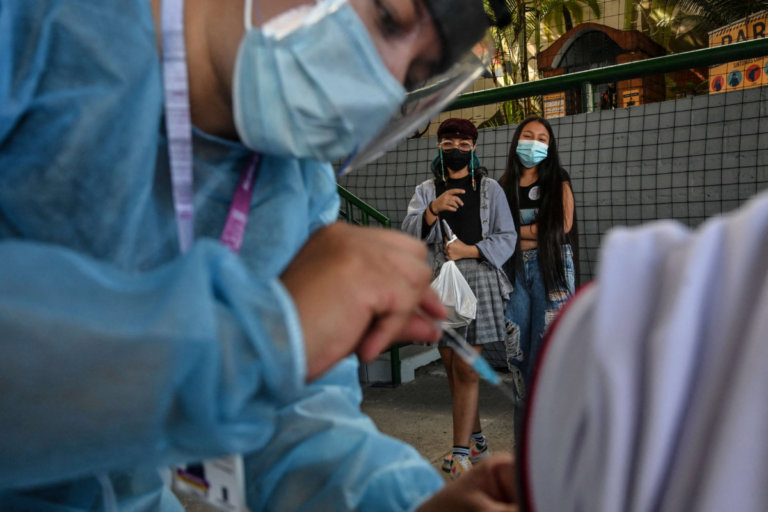
Virginia Tech recently made headlines for “disenrolling” 134 unvaccinated students who “did not submit vaccination documentation or receive a medical or religious exemption.” The university — which requires all staff to be vaccinated — was among the many reopening to students after a pandemic hiatus.
It is not the only university to refuse unvaccinated students on campus this fall. Over at the University of Virginia, 238 students who didn’t comply with the school’s COVID-19 vaccine requirement received the same fate. At Rutgers University — the first US university to make vaccines compulsory — one student claims he was barred from virtual classes for saying no.
“The Delta variant has been a game-changer, and we need to respond accordingly,” said Anita Barkin, co-chair of the American College Health Association’s COVID-19 task force.
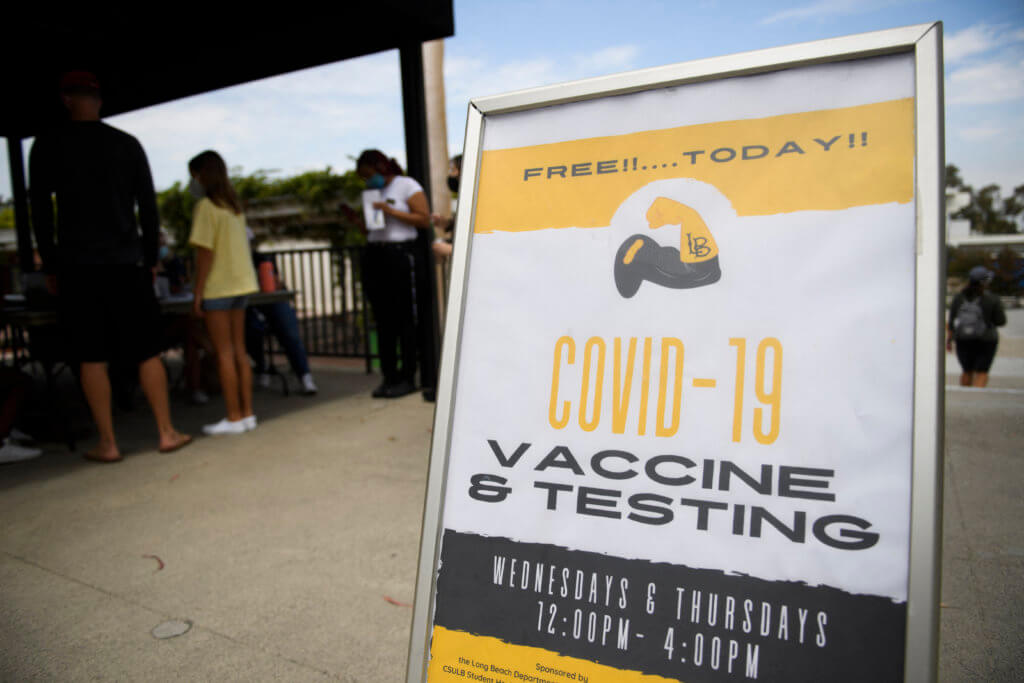
International students can receive free vaccines in several major education hubs, including Australia and the US. Source: Patrick T. Fallon/AFP
In the US, the Centres for Disease Control and Prevention (CDC) currently uses a scoring system to indicate how safe it is for vaccinated and unvaccinated people to mingle: red for least safe, yellow for less safe, and green for safest. Having an unvaccinated person in your group places everyone in the yellow zone — though they bear the highest risk of illness, they can also pass the virus to vaccinated individuals, who may then unknowingly bring it back home to vulnerable family members.
Vaccines, varied and widespread as they are, have helped turn the tides of several pandemics before COVID-19. Now, COVID-19 vaccines are proving to be nearly as effective in the real world as they were in clinical trials, according to Harvard Health.
Why do people reject the COVID-19 vaccine?
Certain parts of the population are unable to get vaccinated because of health or religious reasons. While recognised as valid, these reasons would still prevent them from resuming community life. Others are waiting to observe the level of risk involved, perhaps worried about long-term side effects (which are yet unproven).
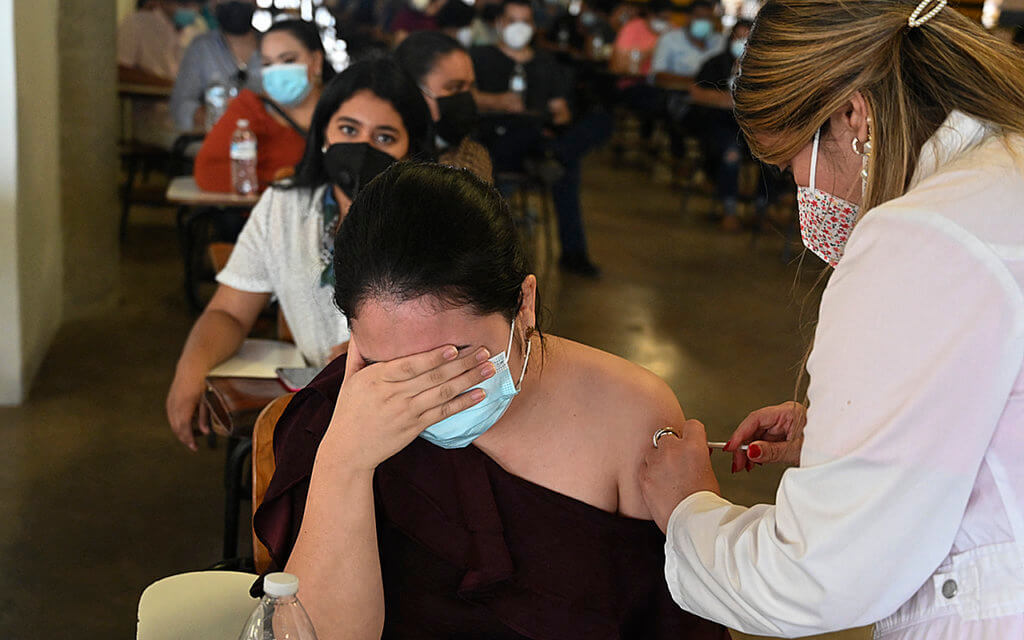
The vaccine may be scary, but it’s proving necessary to survive the pandemic. Source: Orlando Sierra/AFP
Unfortunately, forgoing the vaccine is risky for the unvaccinated and the people around them. Nearly all COVID deaths in the US are now among the unvaccinated. According to the Associated Press, they accounted for an overwhelming 98.9% of COVID-19 hospitalisations since May. Plus, health professionals say large groups of unvaccinated people create more opportunities for the virus to mutate.
What does this mean for unvaccinated students?
Universities cannot force vaccinations. However, every American institution is obliged to follow CDC guidelines and prevent outbreaks. Similarly, universities around the world must follow government-mandated health protocol or risk being fined (or shut down). There are exceptions of course — in the UK, for example, there will not be vaccine mandates, but the government reserves the right to give “advance warning” should this change.
Several institutions have even offered incentives to encourage vaccination. Gift cards, free parking, laptops, game consoles — these early efforts were seen as a soft push. All things considered, universities are now well within their rights to limit what unvaccinated individuals do on campus; the intention is not to segregate people for their beliefs but to keep as many people safe as possible. If you choose to forgo the vaccine, you’ll have to settle for the alternative.
Often, the alternative consists of an online option that prevents unvaccinated students from mingling with their peers. So if you want to resume campus life but have concerns about receiving the vaccine, speak to your doctor about what’s best for you.








